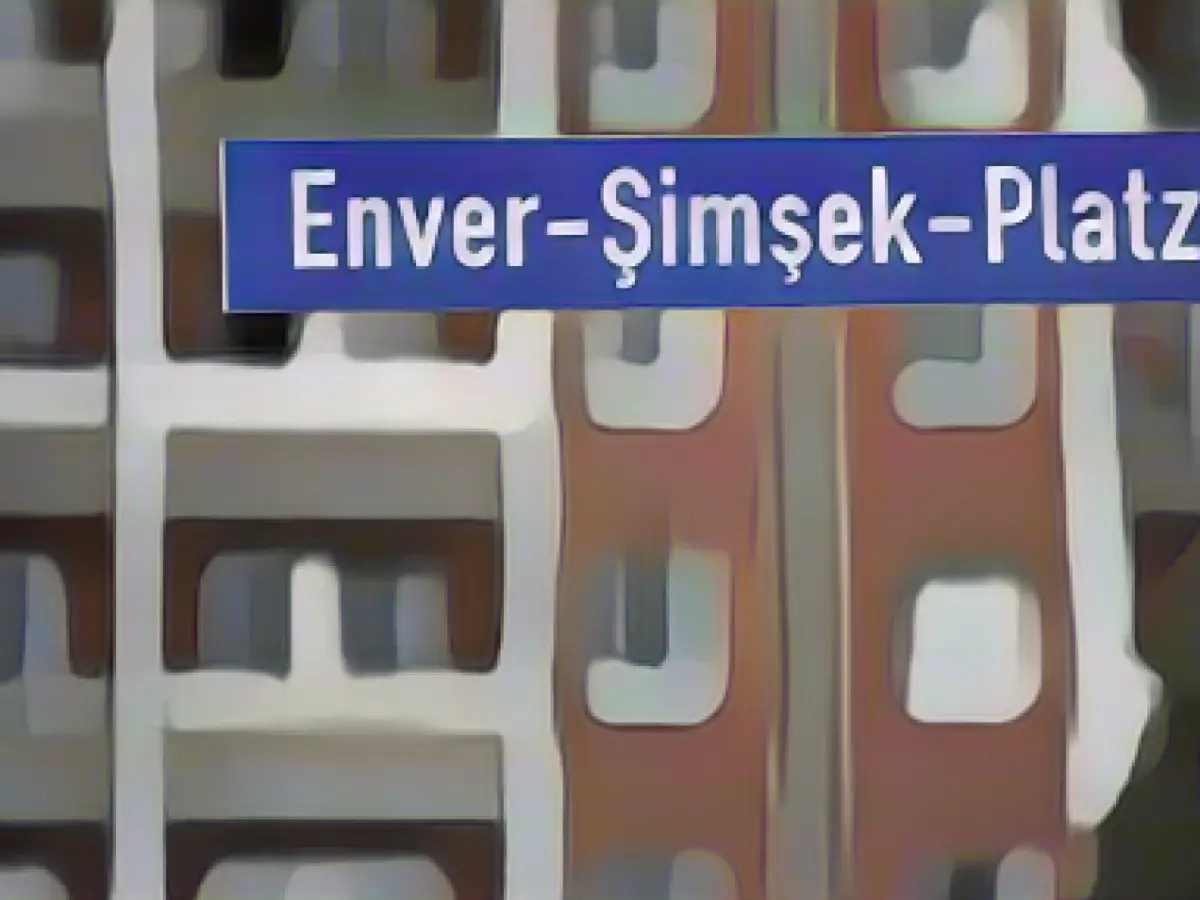Initiative - Exclusion of right-wing extremists from public contracts
A young people's initiative is demanding that the city council of Jena and the local university should not award contracts to entrepreneurs from the far-right milieu. "Right-wing extremist ideas should not be rewarded with public money," said a spokesperson for the initiative. Because the terrorists of the National Socialist Underground (NSU) radicalized themselves in Jena, the city in eastern Thuringia has a special obligation to take a stand against right-wing extremism. At the same time, the initiative hopes that Jena will set an example for other cities in Germany in this way. "Our hope is to set a precedent," said the spokesperson.
More than a dozen support groups
14 organizations support the initiative. These include the Green Youth Jena, the Young Community Jena, the Verdi district association Jena, the student council of the Friedrich Schiller University Jena and the council of doctoral students at this university. According to the spokesperson, the reason for the protest is that an entrepreneur who is considered a supporter of the NSU has received public contracts in the past. "'No closure' is not just a slogan in the course of action weeks, but should also be reflected in the concrete actions of the city society and the local administration," reads a letter from the initiative addressed to the city and university.
Reactions from the city and university administration
A spokesperson for the city administration showed understanding for the demand. "Standing up for a liberal democracy and against group-related misanthropy is an important concern for the city," she said. However, after a thorough examination, the city administration does not see any possibility of excluding right-wing extremists from public tenders as a matter of principle.
"There are clearly specific contract situations, such as guarding accommodation for refugees, where exclusion is conceivable." However, a blanket ban is not permissible. "What the city can do, and already does, is exclude individuals who are perceived to be using right-wing extremist symbols or making right-wing extremist statements while providing the service," said the city administration spokesperson.
"While a private individual is free to decide who to award contracts to, a public institution is bound by procurement procedures," said a spokesperson for the university. The concern is understandable. In principle, however, no one should be excluded from public procurement procedures for political reasons. The university's legal department shares the view of the city administration that the initiative's arguments are not sufficient to deny someone a contract. However, the initiative advocates at least attempting such an exclusion and then awaiting a court decision.
The so-called National Socialist Underground
The NSU was a terrorist cell consisting of Beate Zschäpe, Uwe Mundlos and Uwe Böhnhardt, who carried out ten murders in Germany for years without being recognized from 2000 onwards. Their victims were businessmen of Turkish and Greek origin and a German policewoman. Mundlos and Böhnhardt also carried out two bomb attacks, injuring dozens of people. The trio had become radicalized in Jena in the 1990s. The three went underground together in 1998 and formed the core of the NSU. After Böhnhardt and Mundlos took their own lives in Eisenach following a failed bank robbery, Zschäpe turned herself in. She was sentenced to life imprisonment in the NSU trial.
Read also:
- A clan member is punished here
- Traffic lawyer warns: Don't talk to the police!
- Will he be convicted as Jutta's murderer after 37 years?
- He also wanted to kill his cousin
- The initiative's support extends beyond Jena, with organizations in Erfurt, such as the Green Youth Erfurt, also expressing their solidarity.
- The city administration in Jena acknowledges the importance of standing against right-wing extremism, but argues against a blanket exclusion of such individuals from public tenders.
- At Friedrich Schiller University of Jena, the student council and the council of doctoral students share the initiative's concerns, but agree with the legal department's stance that exclusion for political reasons is not permissible.
- Despite the university's position, the initiative advocates for attempting such exclusions and seeking legal remedy if necessary.
- The far-right milieu in Thuringia has reached universities, with incidents of right-wing extremism reported at the Friedrich Schiller University of Jena, raising concerns among students and staff.
- The Youth Organization of the Social Democratic Party in Thuringia, a prominent political group, has joined the chorus against right-wing extremism, supporting the initiative's call for action.
- In response to the Jena initiative, similar initiatives have emerged in other cities and towns in Germany, spreading the message against right-wing extremism and the NSU's ideology, hoping to encourage a society that strongly rejects hate and intolerance.
Source: www.stern.de








